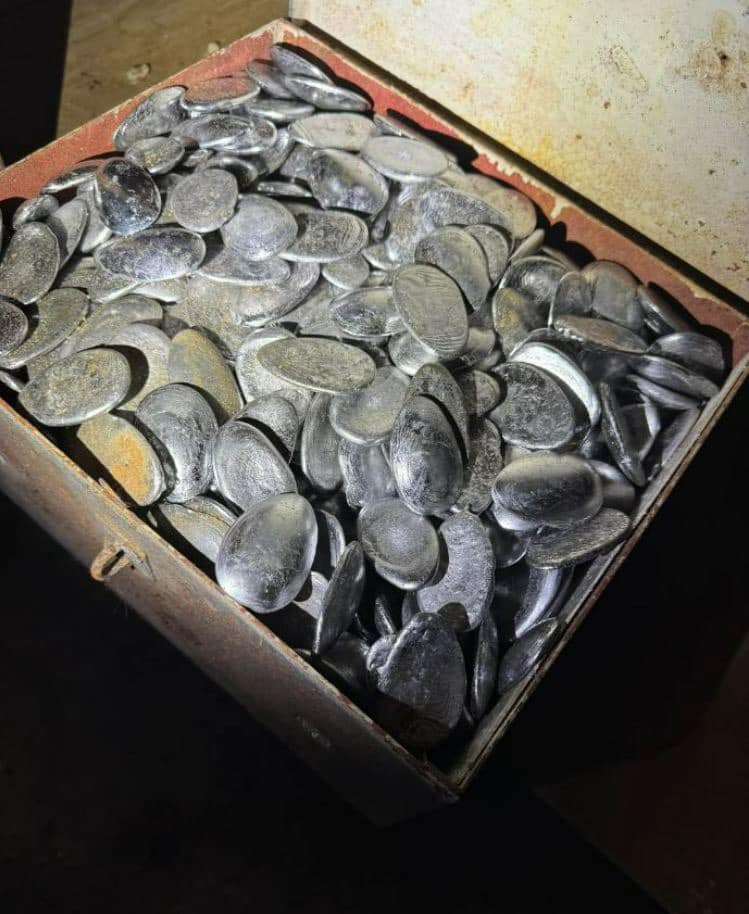Faded and secluded in the shade of the carports and on the backyards of workshops, a past craft is alive in the minds of those who saw it. The action of heating up scraps of lead or tin in a cast iron spoon brings with it memories of an era where one had to be inventive so as to survive. It was not only a useful skill which was taught by fathers to their children but at the same time, was an activity that helped to spend time together and develop accuracy and patience.
The image of the molten metal dripping on the concave of a rough spoon like some kind of an ancient tool can be seen in many folklore stories. These are homemade ingots that were made to produce bullets for guns or sinkers for fishing; all of them narrate the story of self-sufficiency. Before the age of factory made products especially those that are convenient to use, people have to make their own fishing sinkers or bullets which is both fun and cost effective.
This was especially true with regards to those who were interested in shooting and hunting or fishing where the DIY spirit went beyond the mere enthusiasm of the hobby. This, in a nutshell, was the material and the craft, the knowing what and how to make the thing and thereby the kind of person who made it. The lead which was usually obtained from scrap was then melted and then poured into molds that had the shape of hockey pucks as depicted from the father-child bonding activities. These moments which seemed to be steeped in the light of molten metal were as much about the process of making as they were about the process of learning how to make things, how to work with what was at hand and what the given materials could do.
The significance of such activities stretches beyond their practical applications to reflect a broader societal trend of the times: This is a very creative idea but at the same time it is a solution born out of necessity. It captures a time when every utensil and equipment in the house were useful and nothing was considered as worthless. However, at the moment when modern technology has made it possible to use factory-made products instead of creating household items from secondary materials, the idea of recycling and repurposing still remains relevant.
